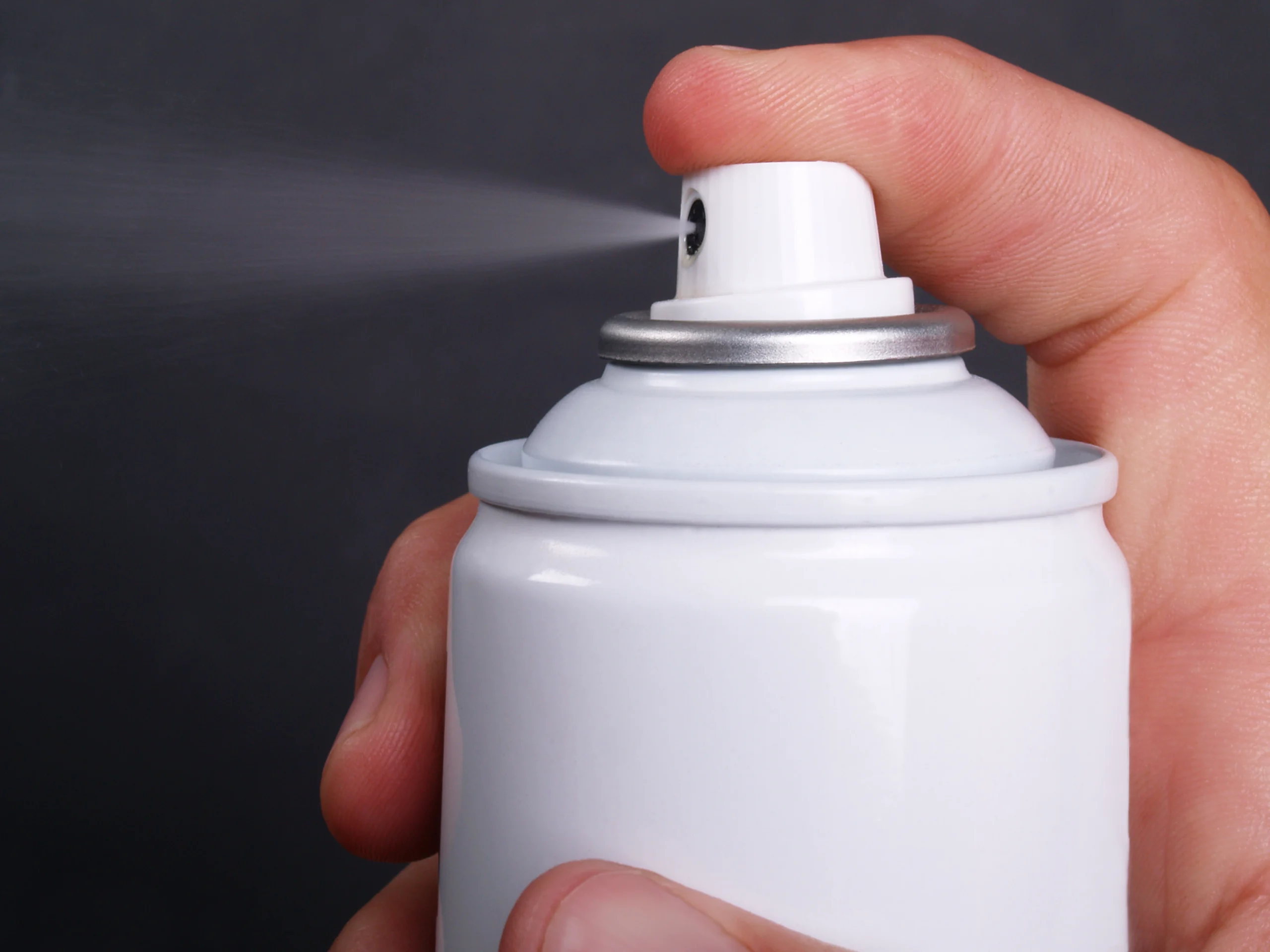Combating Substance Abuse Risk Factors Among Young Adults

The transition to independent living, or commonly called “adulting,” is an exciting time for many. Living on your own, having an income, making your own choices and the freedom it brings are experiences worth looking forward to.
While moving out of a parent’s home or graduating from college is a thrilling and important step, it also brings its share of hardship. The changes that come with this transition period can also bring risk factors for substance use.
Adolescents and young adults are the most susceptible age group to developing an addiction and here are some of the factors that contribute to this trend.
Risk factors for substance abuse in young adulthood
There are numerous situations that are common to young adults. The transitional stage of many people in this age group brings unique difficulties that could lead to drug or alcohol abuse. Here are a few of the most common substance use risk factors at this age.
1. Change
Young adults face a large amount of change in a short amount of time. Within ten years, between 20 and 30, individuals are likely to face many of the following adjustments.
- Graduating college
- Pursuing graduate education
- Leaving your parents’ home
- Leaving a well-established and familiar community
- Moving to a new area or state
- Living independently for the first time
- Moving to a new place without knowing anyone
- Transitioning from casual dating to serious relationships
- Becoming engaged
- Getting married
- Having children
- Buying a home
- Starting a career
- Changing careers
- Transitioning jobs
- Traveling often or moving for work
- Dealing with financial stress and balancing a budget
- The loss of parents, grandparents, siblings or friends
- Changes in beliefs
- Going back to school
- Becoming a caregiver of elderly parents or relatives
- Taking on responsibilities within the family system
Even the changes that are exciting for young adults can be coupled with stress and worry. Abrupt changes, unpleasant changes or feeling trapped by a change can all lead to substance use.
2. Distance from family, friends and community
According to the United States Bureau of Labor Statistics, 90 percent of young adults move away from home by age 27. While many of these young adults move locally and live a short drive away from family, even a short distance can cause separation.
Whether you’re down the street or states away, living independently for the first time can be daunting. According to a study published in the BMC Health Journal, isolation and depression are more common for individuals who live alone than those who live with family or friends. Distance from loved ones is surely one of the most common alcohol abuse risk factors.
3. Stressful work environments
Entering the workforce for the first time, or making a job transition in the early years of your career can be a major shift. In addition to the difficulty of change, there are many aspects of work life that could trigger a substance use issue.
- Stress at work
- Demanding bosses
- Long hours
- Working the night shift (the need to stay awake)
- Taking clients out for dinners or drinks
- Physical exhaustion
- Traveling for work
- Feeling unable to relax after work hours
Any of these stressful factors can contribute to drug or alcohol dependence outside of the workplace.
4. The pressure of expectations
Young adults often struggle with the expectations they face. Parents may be pushing for early career advancement, siblings may have already started families and friends may seem to be living more exciting lives. The expectations that are pressed on us from well-meaning loved ones can surely cause heartache.
While many of these expectations can come from family and friends, it’s also common to have self-imposed expectations. Those who are ambitious and find themselves at dead-end jobs or individuals who are eager to get married and struggling to find a partner may face psychological distress. When we feel unable to meet expectations, individuals may turn to substances to deal with that pressure.
5. Lifestyle
Humans desire socialization, and often young adult communities adapt their lifestyles to accommodate this need for interaction. Young adults seek particular jobs, community groups or events that offer a social outlet.
Too often, the feeling of freedom that comes with independence invites opportunities to drink and experiment with drugs. In many social circles, it’s abnormal to stay sober, and sadly addictions often develop out of a desire to fit in or hang out with a certain crowd.
Other factors that can contribute to an addiction
There are many circumstances that could trigger the onset of a drug or alcohol use disorder, but there are also factors unrelated to young adulthood that could spark an addiction. For example, a person who has a genetic predisposition to addictive traits may succumb to triggers at any age.
Moreover, growing up in an environment in which a family member abuses drugs or alcohol heightens the risk of substance abuse and could catch up to someone at this age or later on. A physical or mental health condition could come to the surface in young adulthood, leading to chronic physical or emotional pain, a common trigger for addiction.
Finding healing as a young adult
Regardless of the origin of substance use risk factors in young adulthood, every person who faces an addiction deserves compassionate and personalized care. If you or someone in your life is facing an alcohol or drug dependency, it’s time to reach out.
At High Focus Centers PA, you can find healing on a schedule that works for you. There’s no reason to sacrifice your career or personal life to get the true freedom you’re looking for— freedom from substance. Find the treatment that meets your needs by calling High Focus Centers PA.








